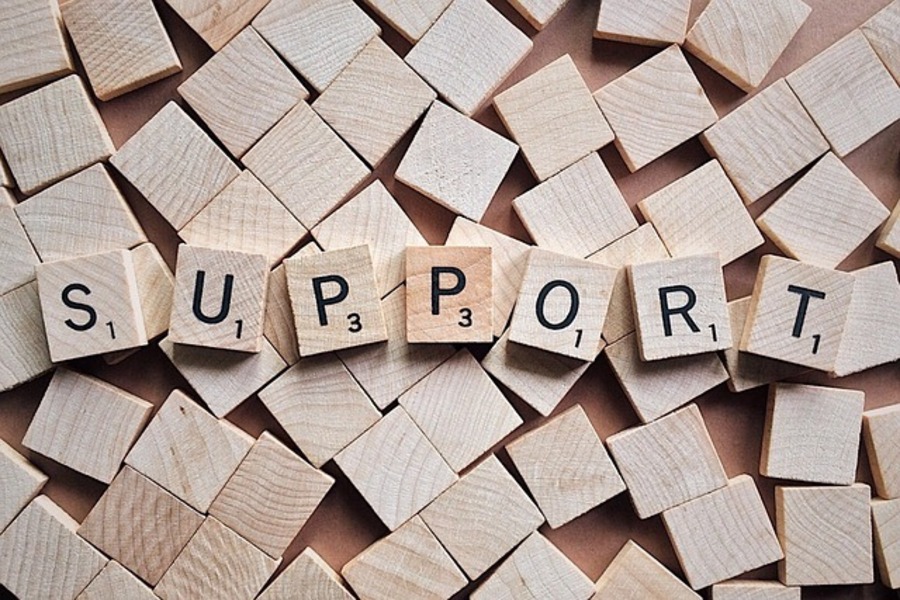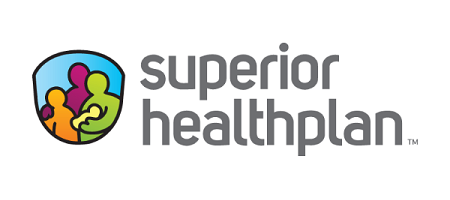Psychosocial Rehabilitation
Psychosocial Rehabilitation
Psychosocial Rehabilitation, or PSR, is designed to help adults with a severe mental illness such as major depressive disorder, schizophrenia, bipolar disorder, or co-occurring disorders with significant functional impairments use their strengths to increase functioning and improve their lives. It focuses on helping people recover from the effects of their illness and regain control over their lives.
Recovery is an important concept with regards to PSR as it stands for rebuilding a meaningful and valued life despite having struggled with mental illness. For people who are on the path towards recovery from mental illness, getting back to their family/social/work life is challenging and even intimidating!
Setting goals is a vital process within PSR in order to get clients to the point of feeling that their quality of life is sufficient, and they are able to reintegrate into society in the most functional way possible. Recovery works towards instilling hope in clients who are looking to live their lives, even with the limitations caused by mental illness.
- Independent living skills
- Individual, family, and group skills training for a variety of diagnoses
- Skills training in anger management, conflict resolution, problem solving, coping, etc.
- Crisis stabilization/supports, handling emergency and crisis situations
- Supports and training to apply for state/ county services, and/or grant programs
- Training/supports on understanding and living with a mental health diagnosis
- Employment Supports (skills training on locating, obtaining, and maintaining employment)
- Family relations and family dynamics skills training
- Parenting skills training
- Community Access (transportation, using community resources, locating community resources
- Cultural and/or religious supports (finding and accessing community resources)
- Other areas as needed and deemed medically necessary
Psychosocial rehabilitative services that include, but are not limited to, the following component services:
independent living services; coordination services; employment related services; housing related services; - medication related services; and
- crisis related services.
assessment--identifying strengths and areas of need across life domains; - recovery planning--prioritizing needs and establishing life and treatment goals, selecting interventions, developing and revising recovery plans that include wellness, relapse prevention, and crisis plans;
- access--identifying potential service providers and support systems across all life domains (e.g., medical, social, educational, substance use), initiating contact with providers and support systems including advocacy groups;
- coordination--setting appointments, arranging transportation, facilitating communication between providers; and
- advocacy-- (i) asserting treatment needs, requesting special accommodations, evaluating provider effectiveness and compliance with the agreed upon recovery plan; and (ii) requesting improvements and modifications to ensure maximum benefit from the services and supports.
instruction in dress, grooming, socially and culturally appropriate behaviors, and etiquette necessary to obtain and retain employment; training in task focus, maintaining concentration, task completion, and planning and managing activities to achieve outcomes; instruction in obtaining appropriate clothing, arranging transportation, utilizing public transportation, accessing and utilizing available resources related to obtaining employment, and accessing employment-related programs and benefits (e.g., unemployment, workers' compensation, and Social Security); interventions or supports provided on or off the job site to reduce behaviors or symptoms of serious mental illness that interfere with job performance or that interfere with the development of skills that would enable the individual to obtain or retain employment; and interventions designed to develop natural supports on or off the job site to compensate for skill deficits that interfere with job performance.
home maintenance and cleanliness; - problem-solving with the individual's landlord and neighbors, mortgage lender, or homeowners association; and
- maintaining appropriate interpersonal boundaries; and
supportive contacts with the individual to reduce or manage the behaviors or symptoms related to the individual's serious mental illness that interfere with maintaining independent integrated housing.
the importance of the individual taking the medications as prescribed; - the self-administration of the individual's medication;
- determining the effectiveness of the individual's medications;
- identifying side-effects of the individual's medications; and
- contraindications for medications prescribed.
- Be 18 years or older.
- Be enrolled in and actively covered through Texas Medicaid.
- Be diagnosed with a severe mental illness.
- Have a significant functional impairment.
- Complete an full intake diagnostic evaluation.
If you or someone you know:
- Is experiencing chronic and severe psychiatric conditions
- Needs assistance in restoring skills for independent living in the community
- Is experiencing mental health/co-occurring symptoms and needs ongoing assistance
- Lacks a supportive environment and resources needed to reach recovery goals
They may benefit from involvement in PSR.
For more information on Psychosocial Rehabilitation and/or other Texas Care services, feel free to call 888-98TODAY and an Intake Coordinator will be happy to take your call and direct you to the appropriate department.





